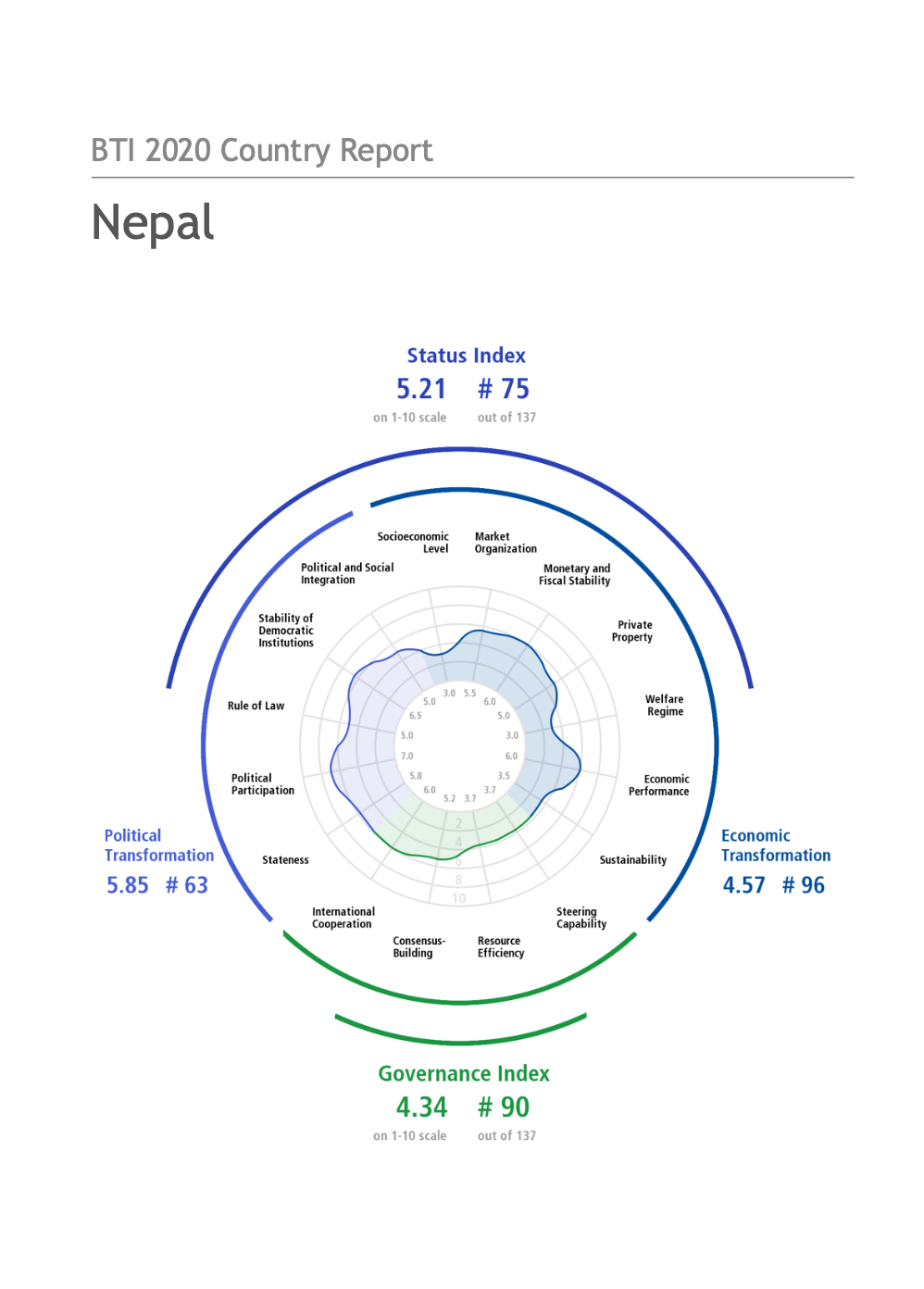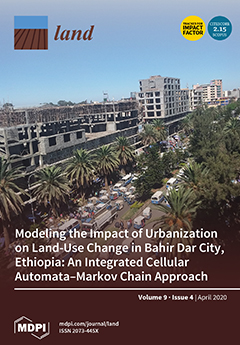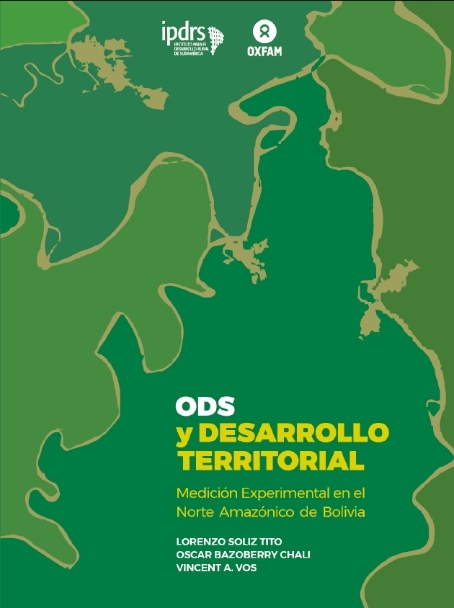Rethinking “development”: Land dispossession for the Rampal power plant in Bangladesh
In this article, we critically review the developmental claims made for the construction of the Rampal power plant in southwestern Bangladesh, in the light of evidence about transformations of land control related to this construction project. Land has become a heavily contested resource in the salinity-intruded southwestern coastal area of Bangladesh. Changes in land control for the construction of the Rampal power plant and similar projects have intensified decades of struggles over rights and access to land.







